Inclusion, Diversity, Equity and Accessibility
Inclusion, Diversity, Equity, and Accessibility (IDEA) is at the core of Special Olympics Canada.
Special Olympics Canada and its Chapters recognize and value individual differences in identity, perspective, and lived experience. We encourage and support participation in our organization of all segments of Canadian society and are committed to creating and sustaining a safe, accessible, diverse, and inclusive environment. In doing so, Special Olympic Canada and its Chapters will promote and reflect Inclusion, Diversity, Equity, and Accessibility (IDEA) in our governance, programs, and operations.
Indigenous Inclusion Resource Hub
-
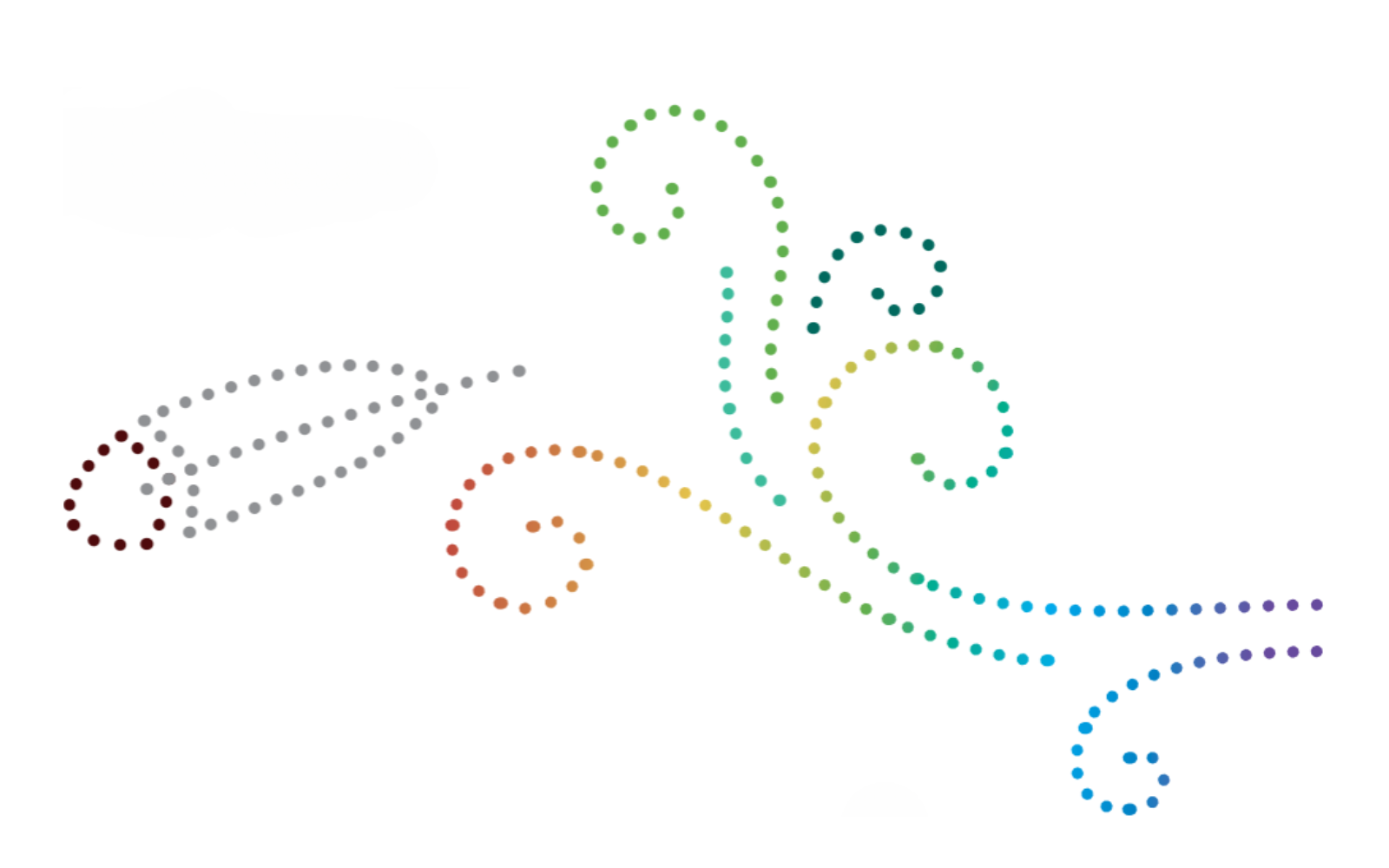 Indigenous Inclusion Resource Hub IntroductionThe SOC Indigenous Inclusion Resources have been developed through engagement and support of an Indigenous Inclusion Advisory Committee which is comprised of Indigenous leaders and Special Olympics leaders from across Turtle Island.
Indigenous Inclusion Resource Hub IntroductionThe SOC Indigenous Inclusion Resources have been developed through engagement and support of an Indigenous Inclusion Advisory Committee which is comprised of Indigenous leaders and Special Olympics leaders from across Turtle Island. -
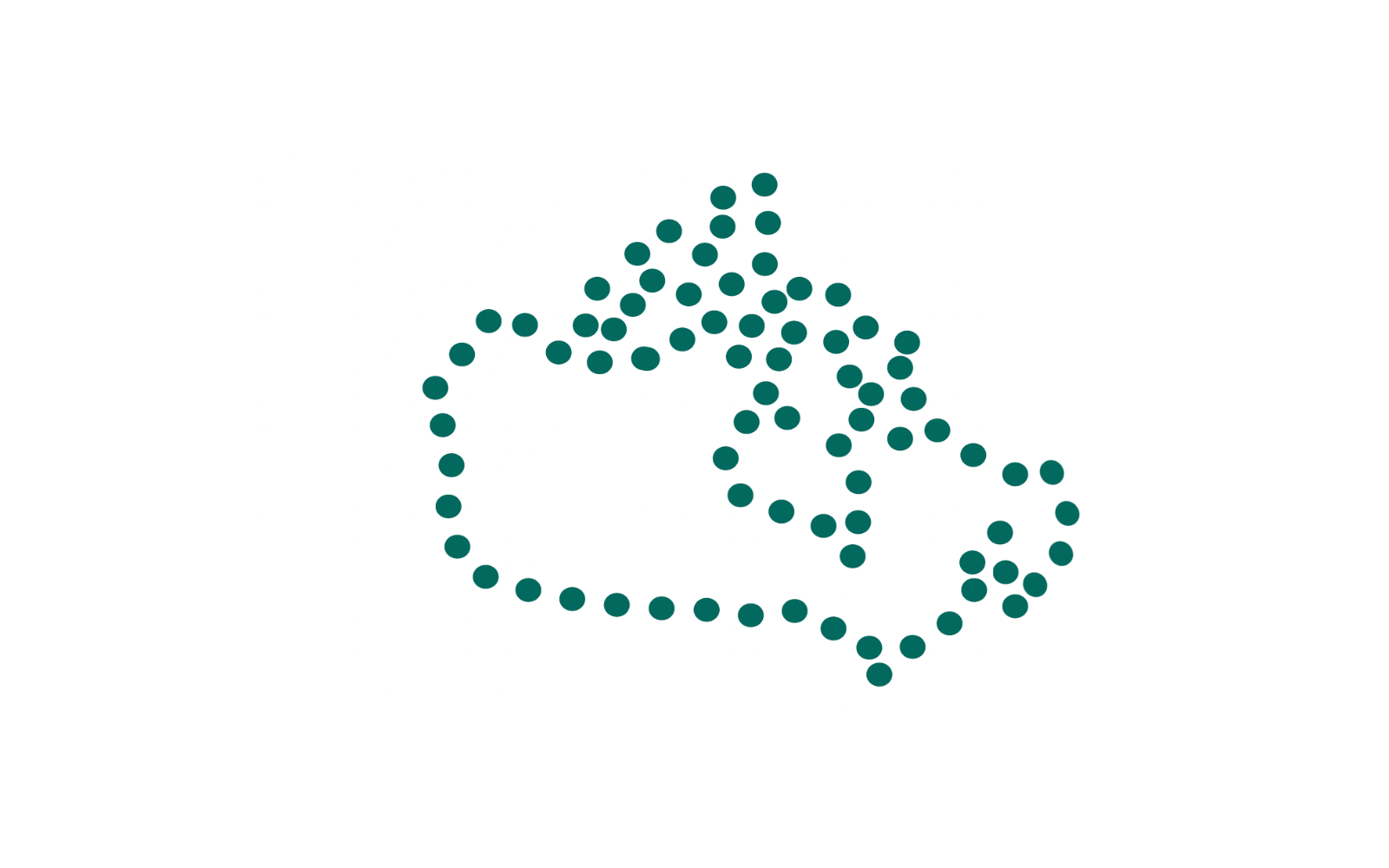 SOC and ASC Sport BodiesA listing of all the Sport Organizations and Sport Bodies across the provinces and territories in Canada.
SOC and ASC Sport BodiesA listing of all the Sport Organizations and Sport Bodies across the provinces and territories in Canada.
-
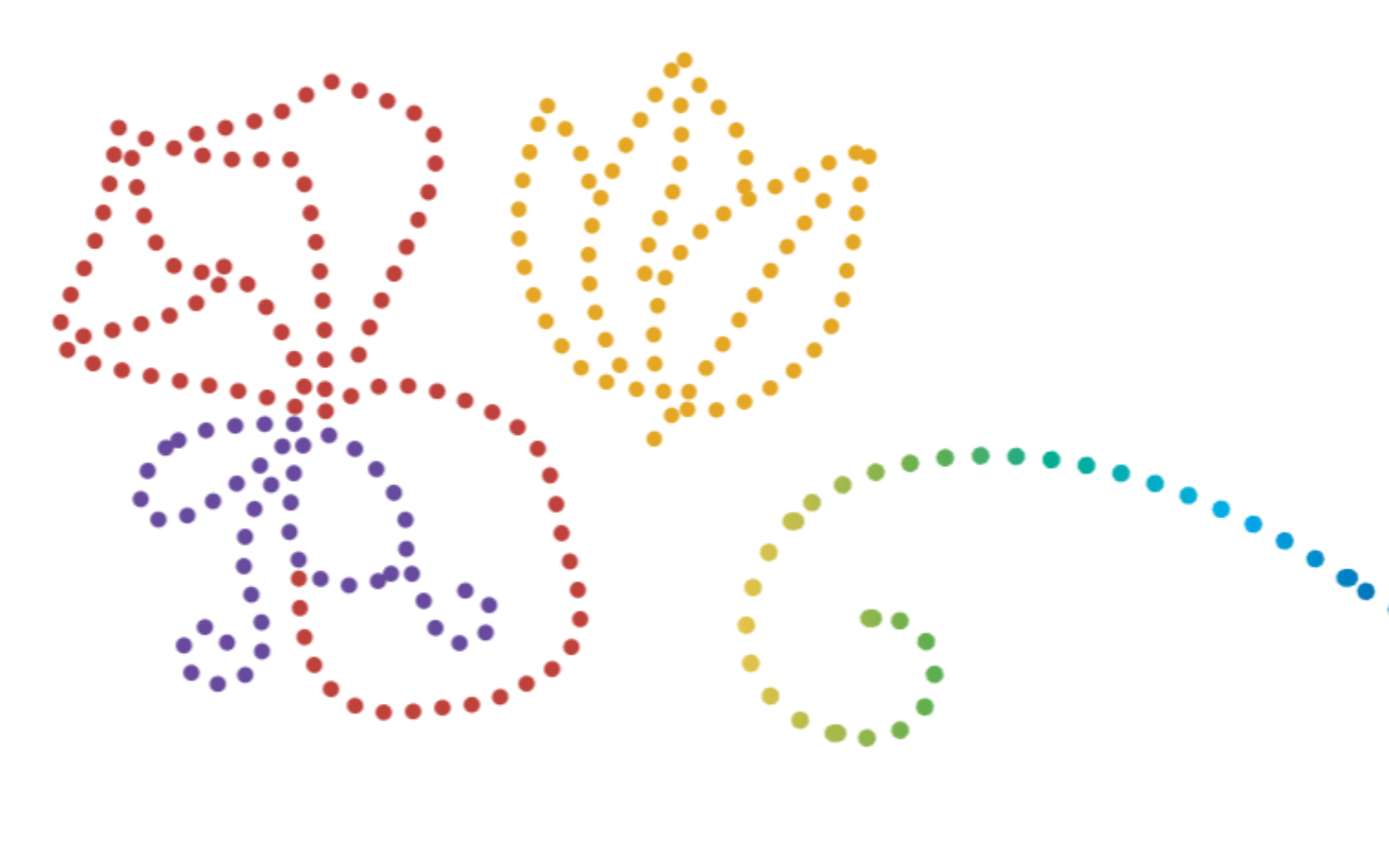 Territory Acknowledgement GuideTerritory acknowledgements are a practice rooting in connecting to a specific space and affirming intentions to share and care for the land on which we live, work and play. They are a way to pay respect to the place where you are, and the people who have been stewards of that place. Territory acknowledgments must go beyond words to include concrete commitments to reconciliation, such as supporting Indigenous-led initiatives, revitalizing Indigenous languages, and challenging colonial systems.
Territory Acknowledgement GuideTerritory acknowledgements are a practice rooting in connecting to a specific space and affirming intentions to share and care for the land on which we live, work and play. They are a way to pay respect to the place where you are, and the people who have been stewards of that place. Territory acknowledgments must go beyond words to include concrete commitments to reconciliation, such as supporting Indigenous-led initiatives, revitalizing Indigenous languages, and challenging colonial systems. -
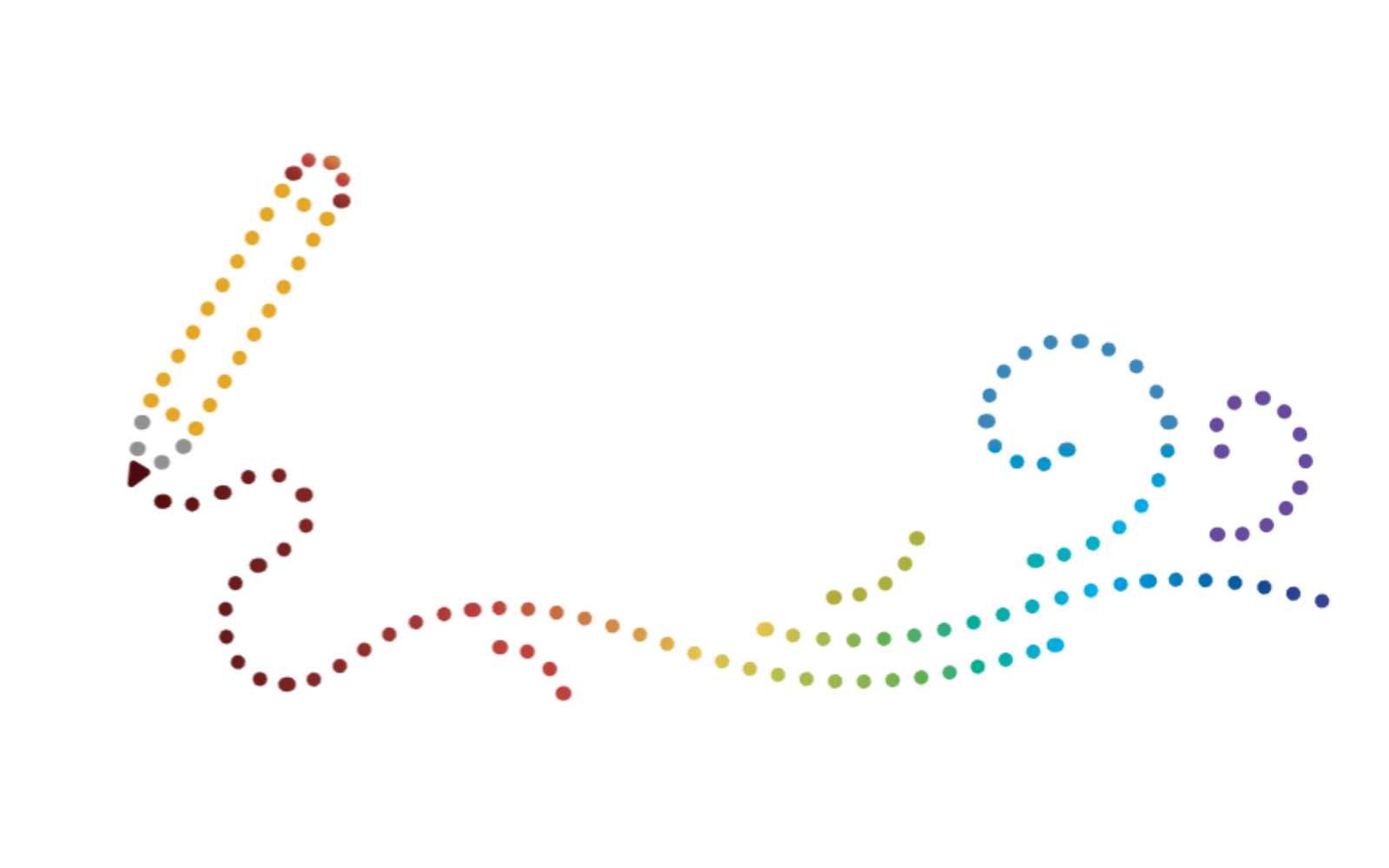 Indigenous Inclusion LanguageThis language guide includes three sections to support your language journey towards Indigenous inclusion. The first section highlights current and historical language about Indigenous identities; the second section is terminology that often surfaces about or connected to experiences of Indigeneity or disability, and the third section is focused on terms to avoid using with an explanation about why to avoid it, and what to use instead.
Indigenous Inclusion LanguageThis language guide includes three sections to support your language journey towards Indigenous inclusion. The first section highlights current and historical language about Indigenous identities; the second section is terminology that often surfaces about or connected to experiences of Indigeneity or disability, and the third section is focused on terms to avoid using with an explanation about why to avoid it, and what to use instead. -
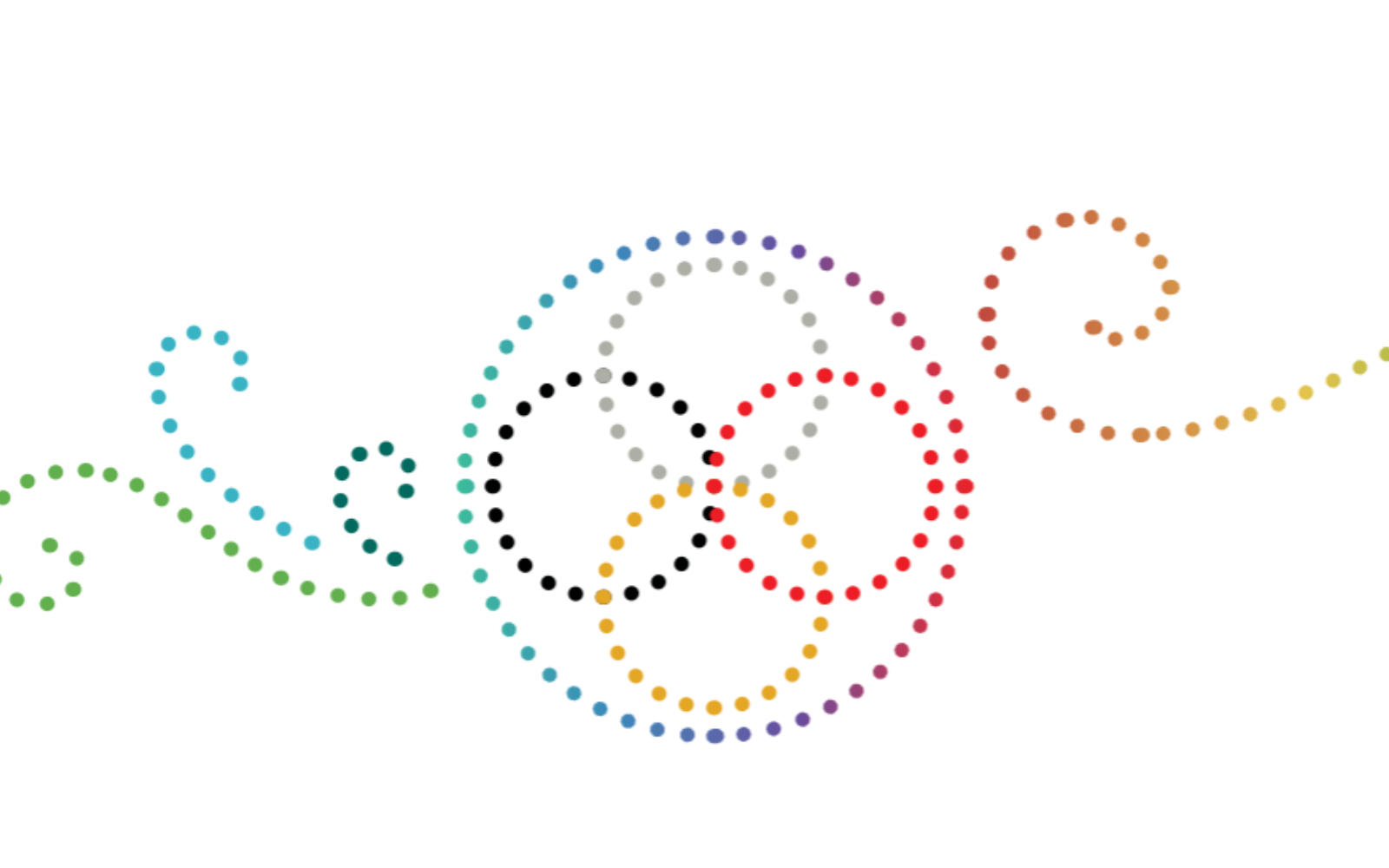 Planning for the Holistic ModelThe Holistic Model was inspired by the medicine wheel and was adopted to reflect the different traditional teachings and interpretations from the many nations throughout Canada. The Holistic Model was created by Indigenous sport leaders to support Indigenous sport participation and was shared through the Aboriginal Coaching Modules and then also adopted by the Indigenous Long-Term Participant Development Pathway.
Planning for the Holistic ModelThe Holistic Model was inspired by the medicine wheel and was adopted to reflect the different traditional teachings and interpretations from the many nations throughout Canada. The Holistic Model was created by Indigenous sport leaders to support Indigenous sport participation and was shared through the Aboriginal Coaching Modules and then also adopted by the Indigenous Long-Term Participant Development Pathway.
-
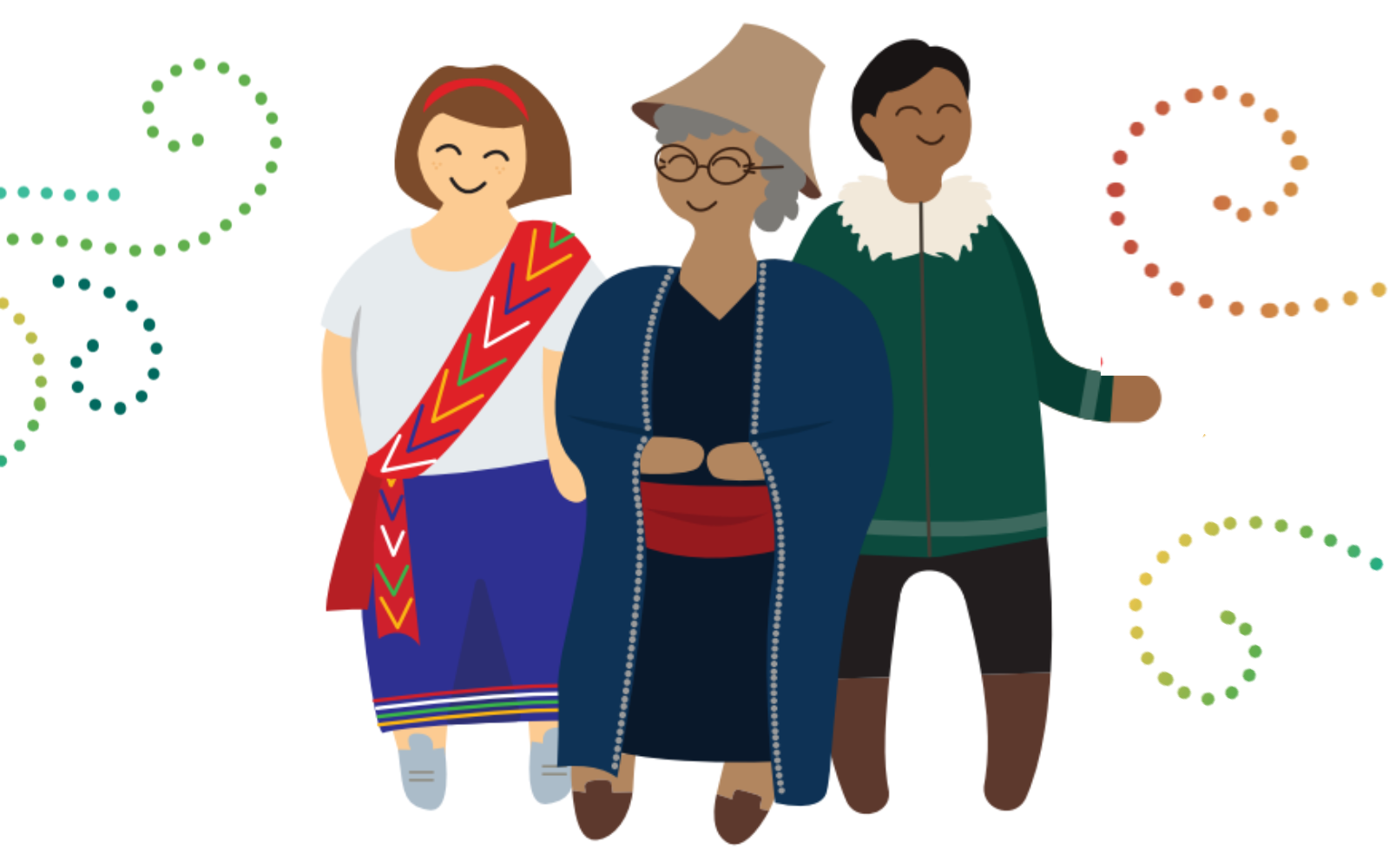 Indigenous Cultural ConsiderationsCultural considerations within Indigenous contexts involves understanding and respecting the histories, values, and traditions of diverse Indigenous Nations while fostering meaningful collaboration. This framework addresses key areas critical to involvement in Special Olympics ongoing programming, food inclusion, traditional sports, and professional development (PD) and training. It emphasizes actionable steps, the importance of working locally with Indigenous Nations, and integrating community-specific practices.
Indigenous Cultural ConsiderationsCultural considerations within Indigenous contexts involves understanding and respecting the histories, values, and traditions of diverse Indigenous Nations while fostering meaningful collaboration. This framework addresses key areas critical to involvement in Special Olympics ongoing programming, food inclusion, traditional sports, and professional development (PD) and training. It emphasizes actionable steps, the importance of working locally with Indigenous Nations, and integrating community-specific practices. -
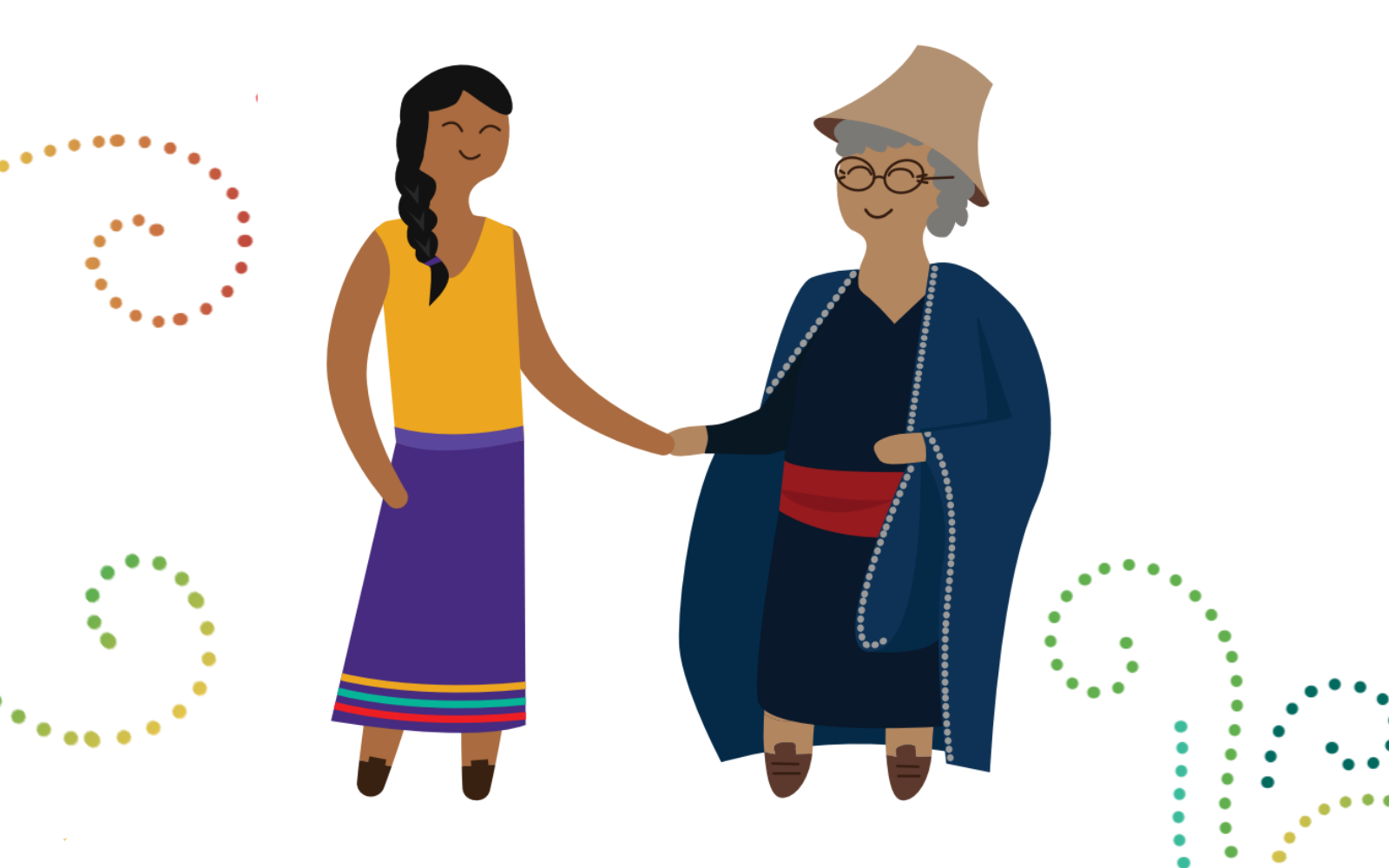 Elder & Knowledge Keeper InvolvementThis infographic provides guidance for engaging Elders, Knowledge Keepers and other cultural leaders in events and programs. It emphasizes understanding their roles, adhering to cultural protocols, fair compensation, and culturally appropriate gifting. Elders’ contributions are invaluable, as they are the Knowledge Keepers and spiritual guides who have preserved cultural traditions amidst historical and ongoing systemic erasure. In different communities, these roles might have a range of titles, so one of the learnings is to ask what those roles are in the communities you are working with.
Elder & Knowledge Keeper InvolvementThis infographic provides guidance for engaging Elders, Knowledge Keepers and other cultural leaders in events and programs. It emphasizes understanding their roles, adhering to cultural protocols, fair compensation, and culturally appropriate gifting. Elders’ contributions are invaluable, as they are the Knowledge Keepers and spiritual guides who have preserved cultural traditions amidst historical and ongoing systemic erasure. In different communities, these roles might have a range of titles, so one of the learnings is to ask what those roles are in the communities you are working with. -
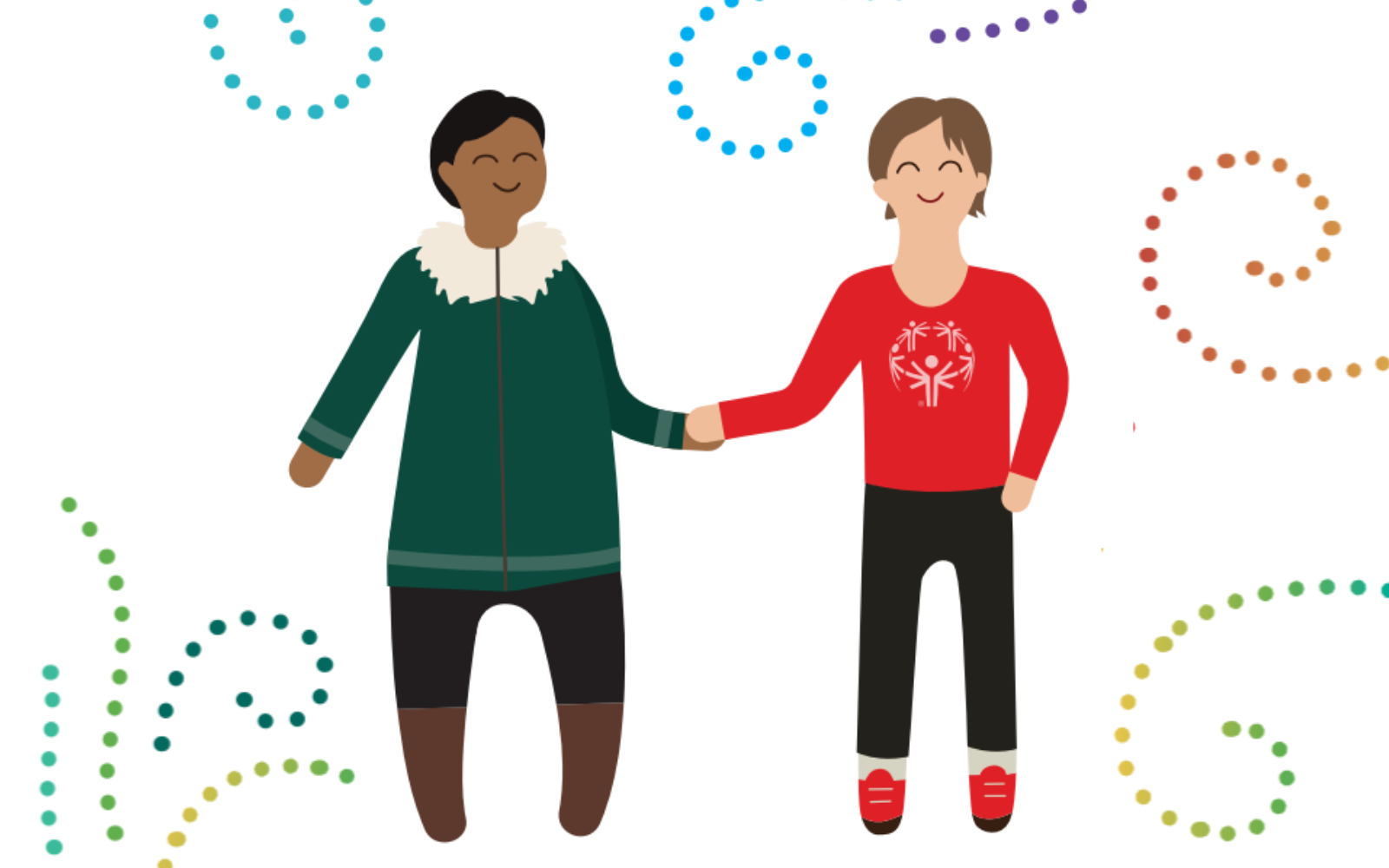 Hosting RecommendationsThis infographic provides an overview of recommendations for hosting events with Indigenous communities. This guidance focuses on respectful engagement, inclusion in planning, and celebration of Indigenous cultures.
Hosting RecommendationsThis infographic provides an overview of recommendations for hosting events with Indigenous communities. This guidance focuses on respectful engagement, inclusion in planning, and celebration of Indigenous cultures.
2SLGBTQI+ Inclusion in Sport
-
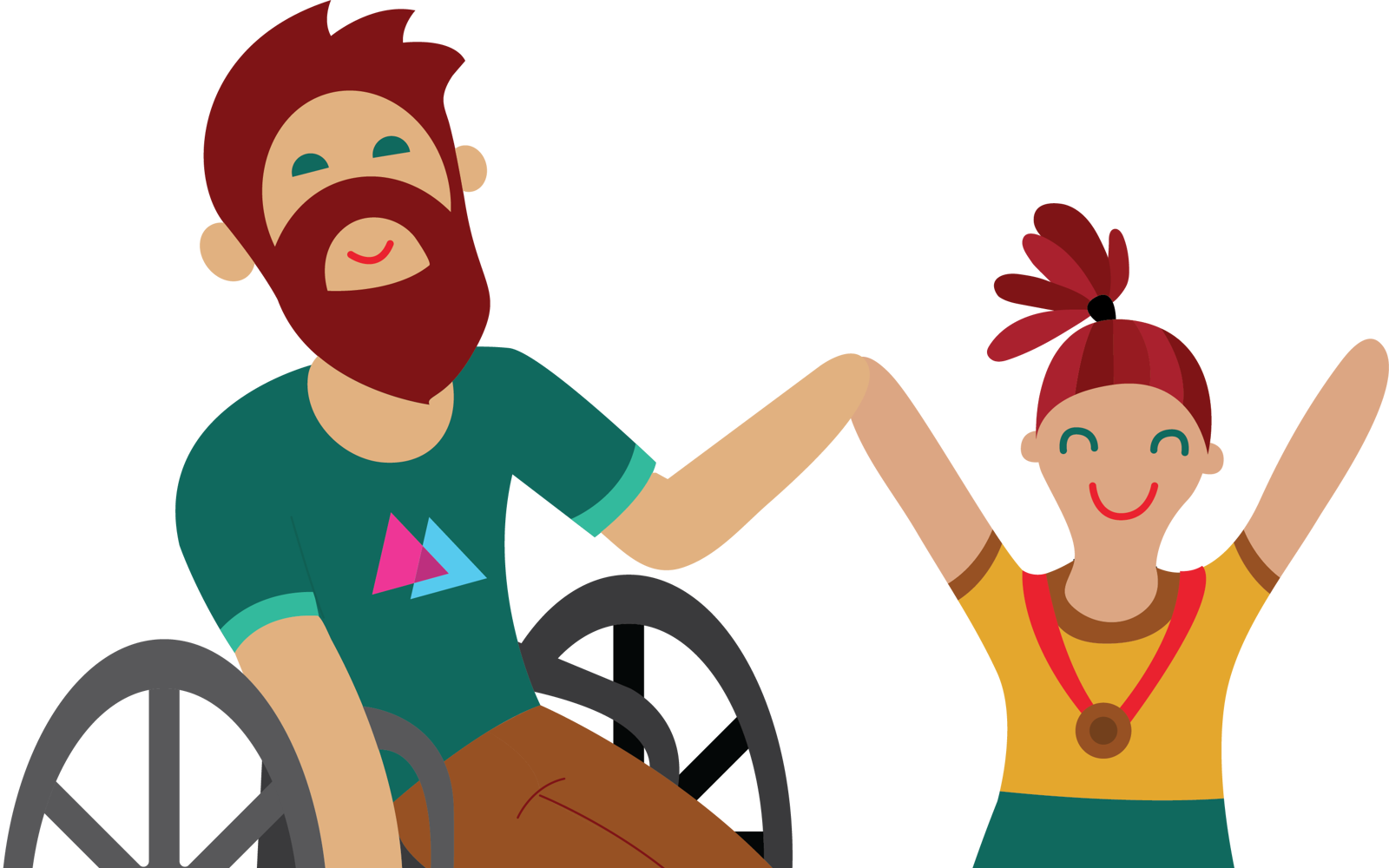 Key TermsHuman Rights legislation across Canada protects us from discrimination based on sex, sexual orientation, gender identity and gender expression. Read on to learn what each of these terms mean and how they are unique and independent
Key TermsHuman Rights legislation across Canada protects us from discrimination based on sex, sexual orientation, gender identity and gender expression. Read on to learn what each of these terms mean and how they are unique and independent -
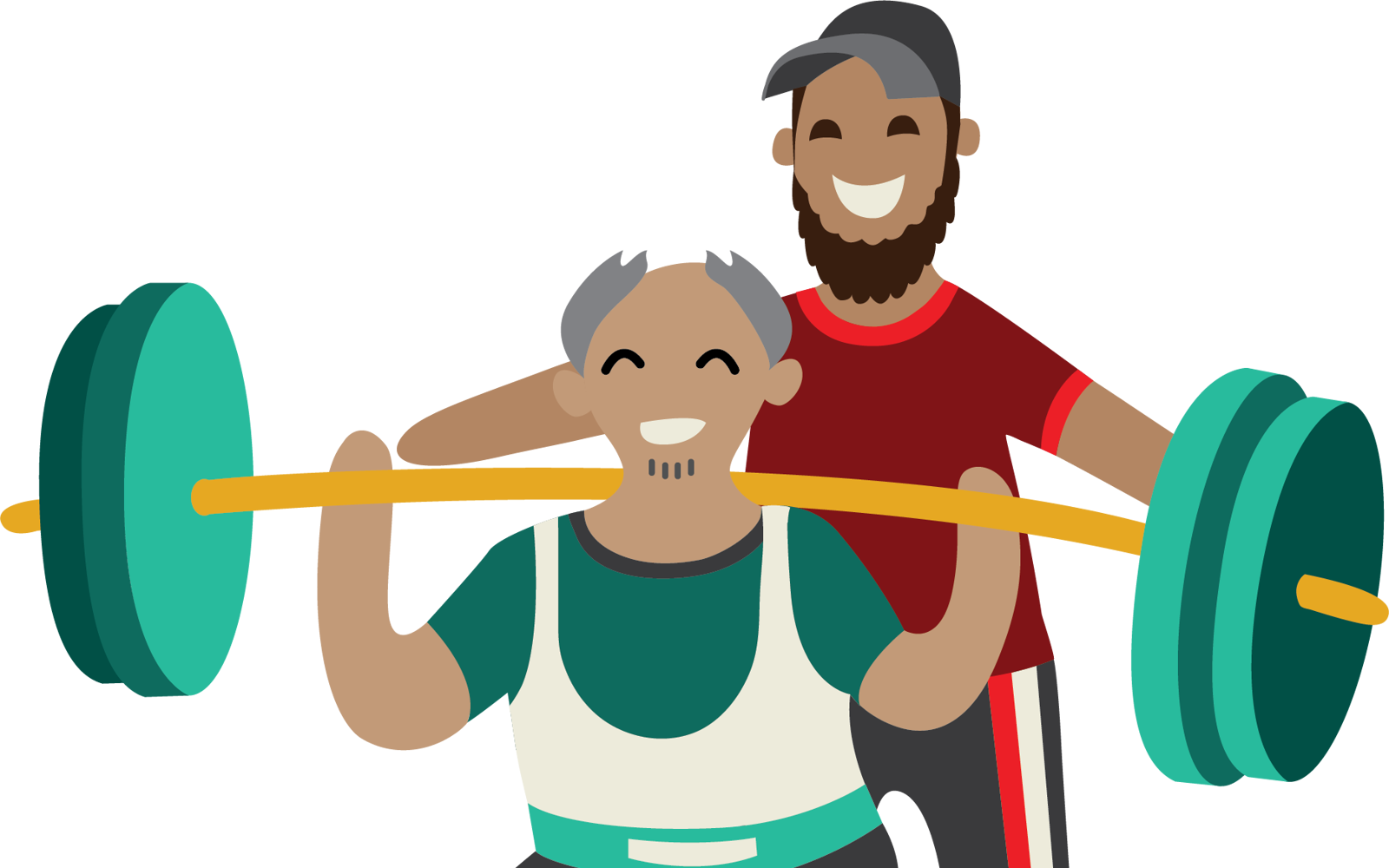 How to be an AllyWe’re proud to have athletes, volunteers, coaches, staff and Board members of many gender identities, gender expressions and sexual orientations. Here are some ways that you can help to make everyone feel welcome, safe and included at Special Olympics
How to be an AllyWe’re proud to have athletes, volunteers, coaches, staff and Board members of many gender identities, gender expressions and sexual orientations. Here are some ways that you can help to make everyone feel welcome, safe and included at Special Olympics -
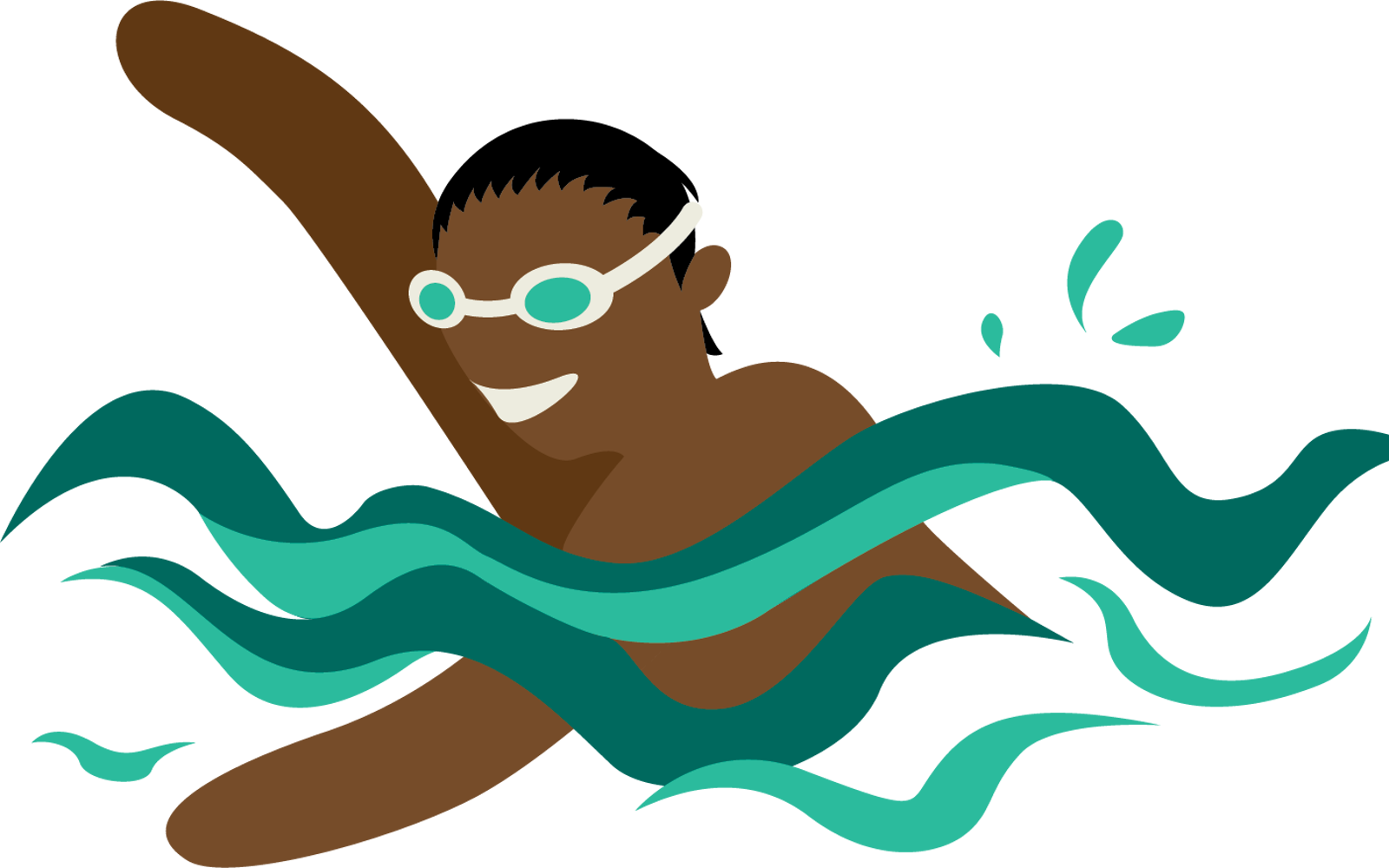 Pronoun Sharing Best PracticesWe recommend that pronoun sharing be encouraged but not mandatory. Not every person is an ally, and we don’t want false signals of inclusion being made. As well, not every person feels safe to share the pronoun that they truly identify with
Pronoun Sharing Best PracticesWe recommend that pronoun sharing be encouraged but not mandatory. Not every person is an ally, and we don’t want false signals of inclusion being made. As well, not every person feels safe to share the pronoun that they truly identify with
Accessible & Inclusive Language
-
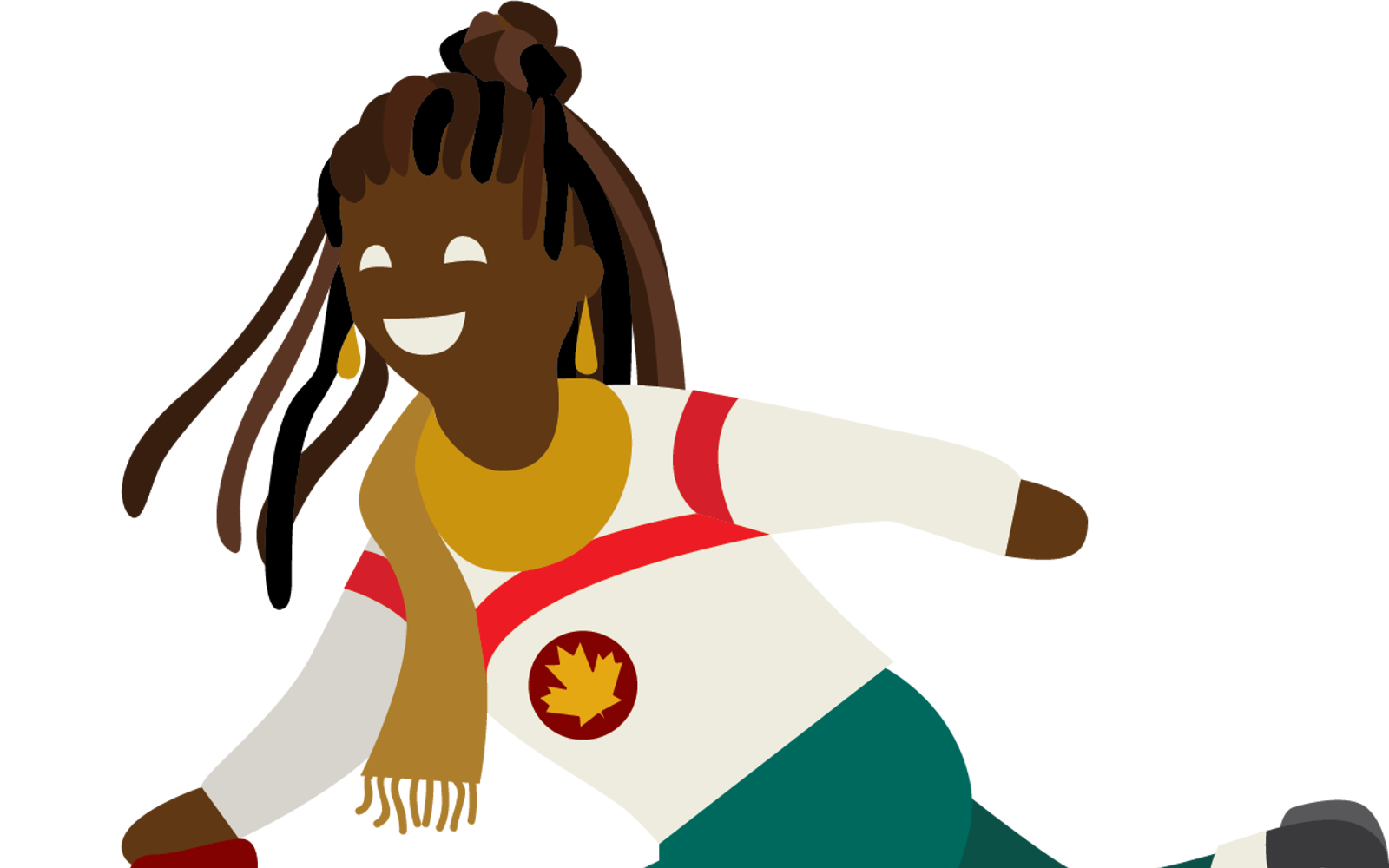 Accessible LanguageIt’s time to get your message out so that all can understand it! Follow these guidelines so that your message can reach everyone. “Accessible Language” is language everyone can understand!
Accessible LanguageIt’s time to get your message out so that all can understand it! Follow these guidelines so that your message can reach everyone. “Accessible Language” is language everyone can understand! -
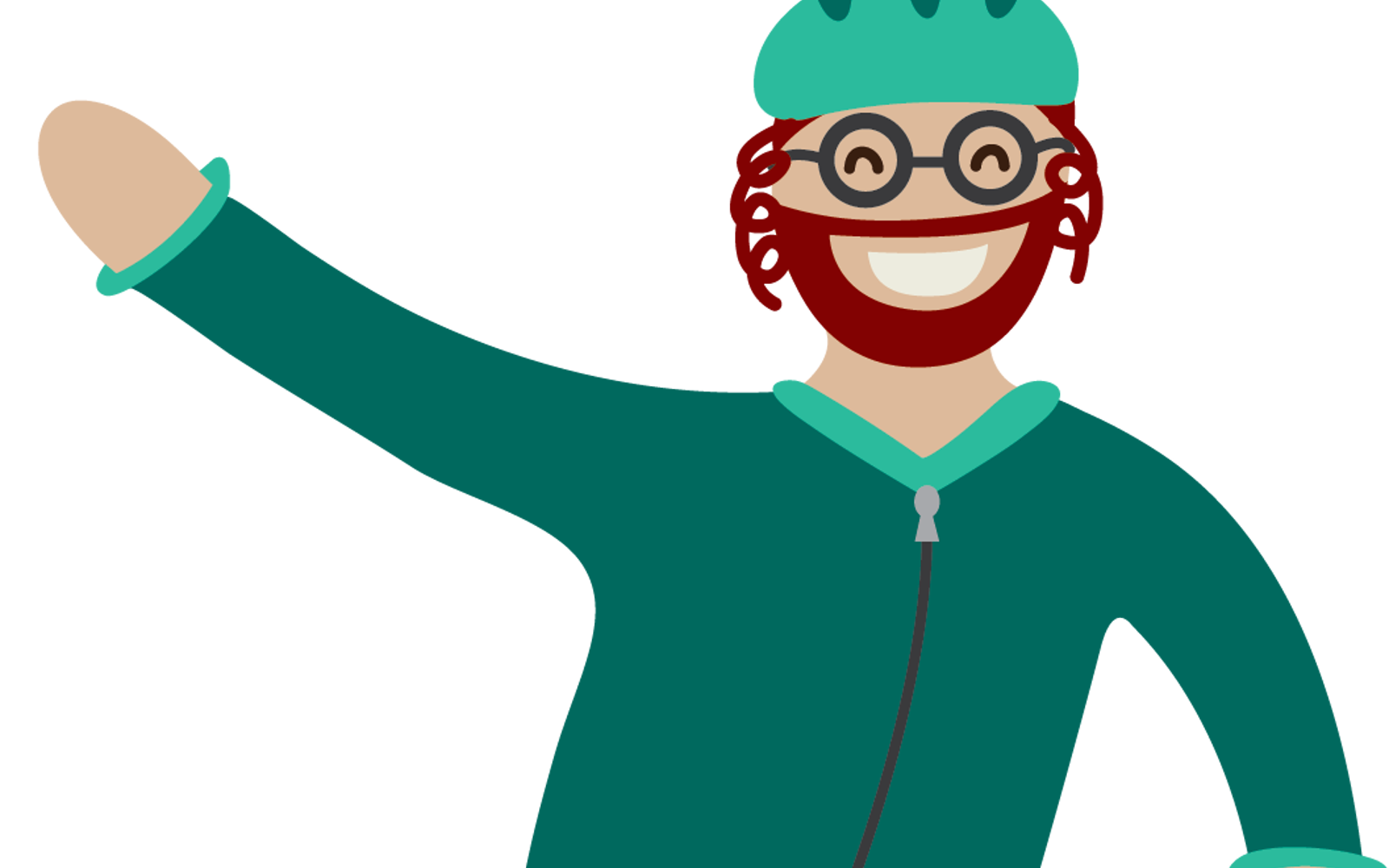 Inclusive LanguageWhether your message is printed, on social media, blogging or spoken, follow these guidelines to make sure your words resonate and connect with your intended audience. Inclusive language speaks to everyone!
Inclusive LanguageWhether your message is printed, on social media, blogging or spoken, follow these guidelines to make sure your words resonate and connect with your intended audience. Inclusive language speaks to everyone! -
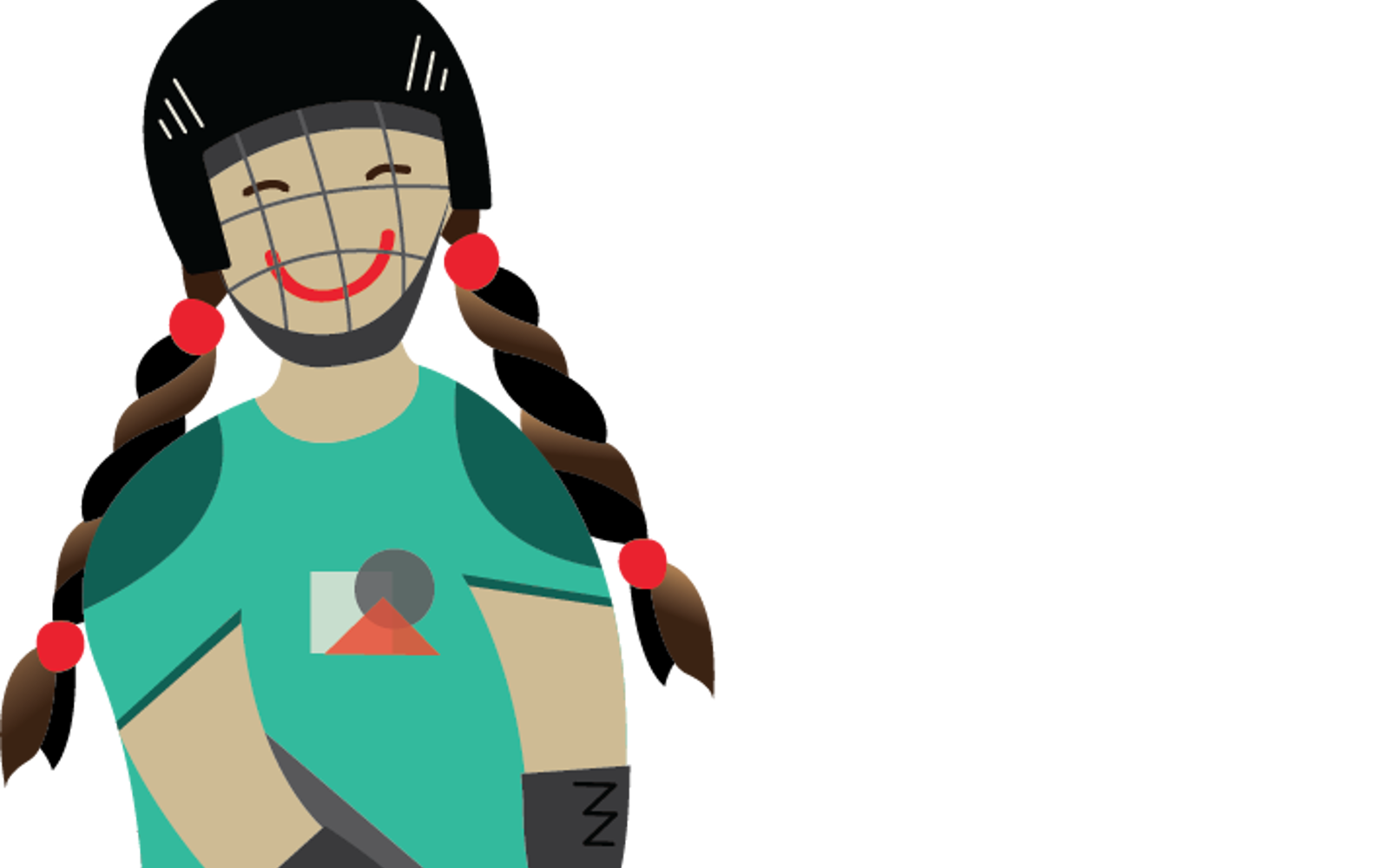 The Cultural Equity, Diversity and Inclusion Image FilterThe cultural Inclusion, Diversity, Equity, and Accessibility image filter is a tool to help you choose images that reflect the diversity within Special Olympics and show commitment to equitably include and welcome everyone interested in the movement.
The Cultural Equity, Diversity and Inclusion Image FilterThe cultural Inclusion, Diversity, Equity, and Accessibility image filter is a tool to help you choose images that reflect the diversity within Special Olympics and show commitment to equitably include and welcome everyone interested in the movement.
Diversifying Approaches
-
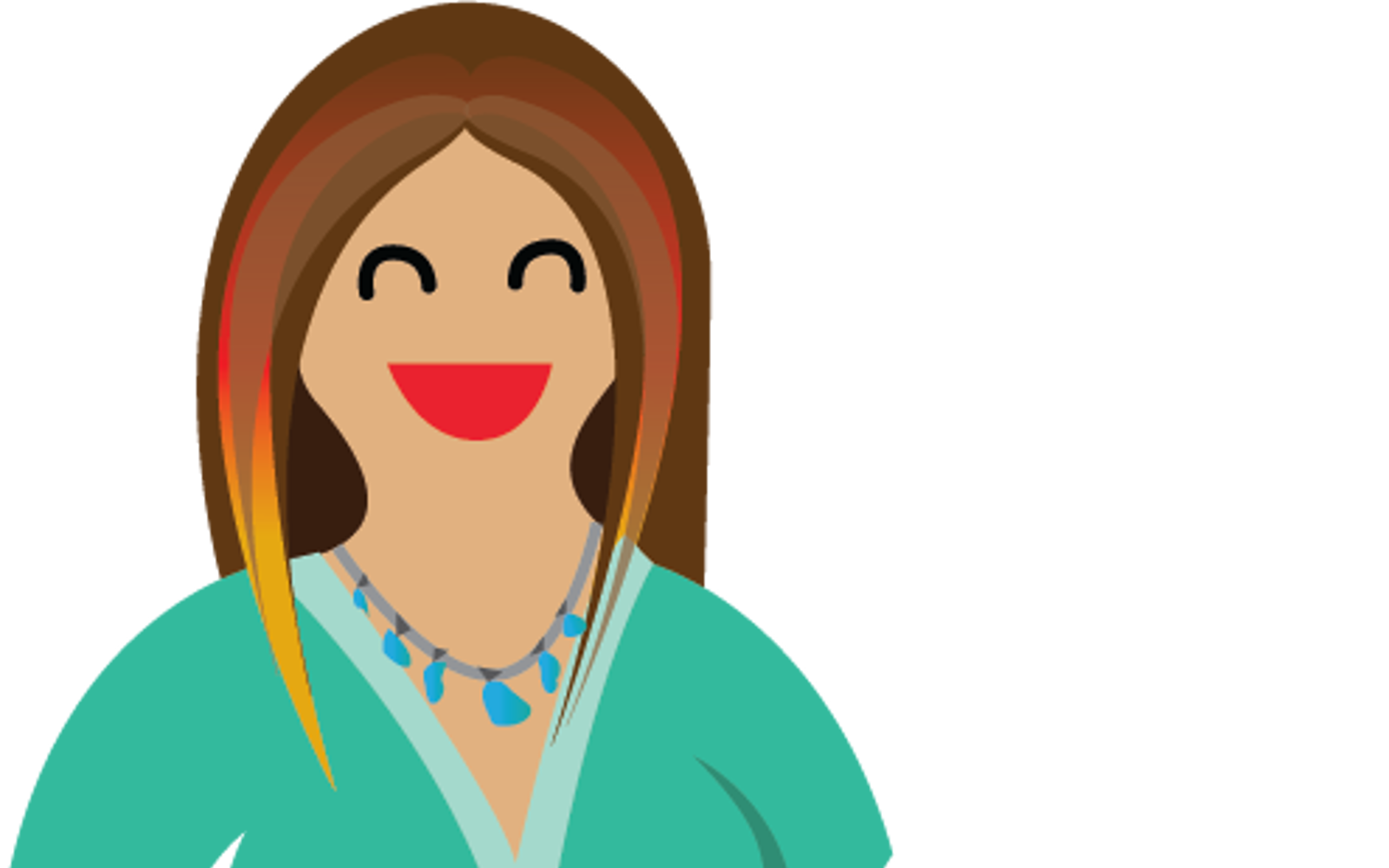 How to Diversify your Board of DirectorsWhen possible, it is recommended that three or more people with a particular identity (e.g. gender diverse, Indigenous, racialized, women) join the Board to help create a Board environment that is welcoming and inclusive where all members feel they can speak comfortably and be understood.
How to Diversify your Board of DirectorsWhen possible, it is recommended that three or more people with a particular identity (e.g. gender diverse, Indigenous, racialized, women) join the Board to help create a Board environment that is welcoming and inclusive where all members feel they can speak comfortably and be understood. -
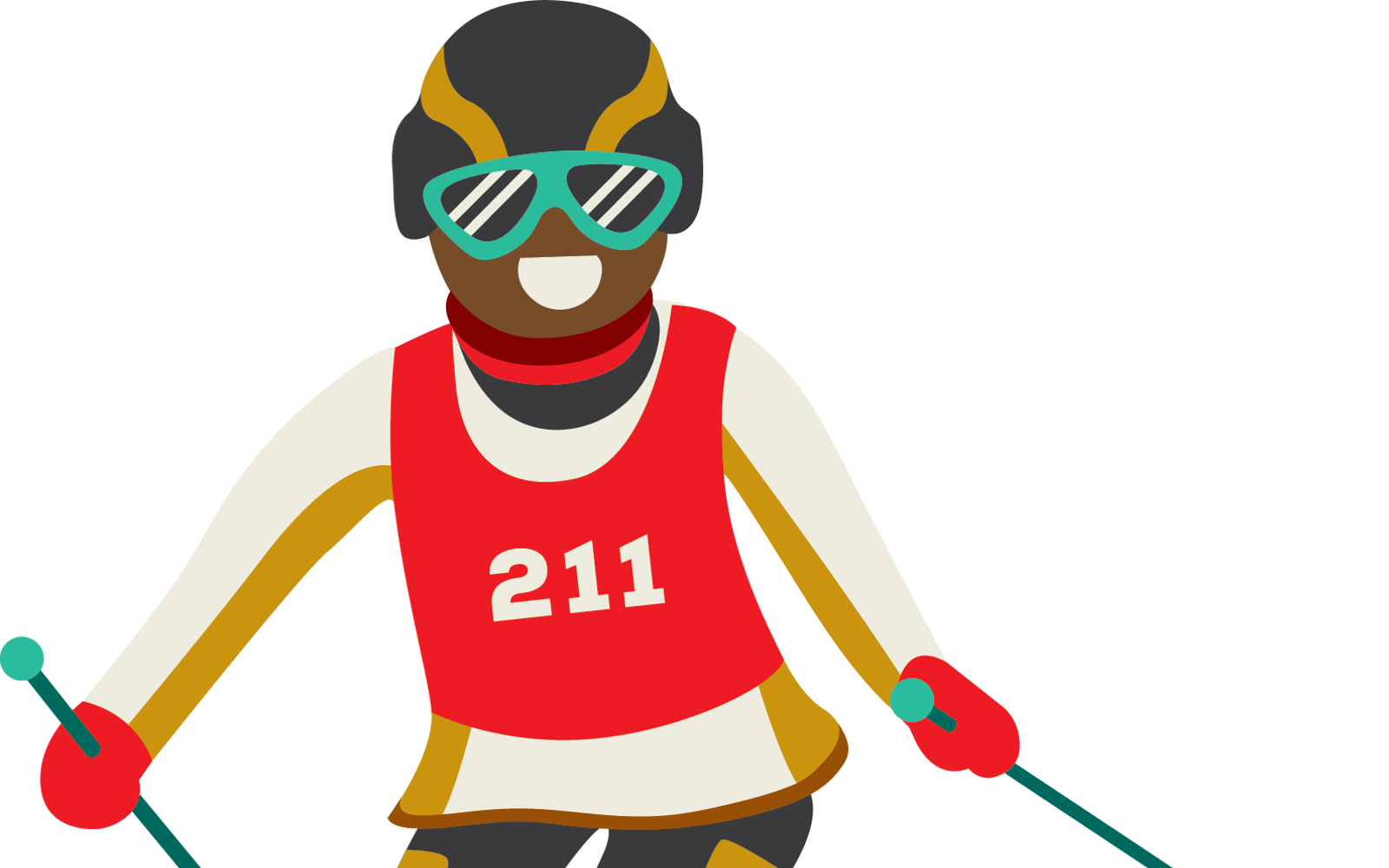 Sports for GrowthAre you interested in attracting new athletes and volunteers from diverse cultural and/or First Nations, Métis or Inuit Backgrounds? Then here are some sports that may help you do that based on the most popular sports from Canada’s top 3 source countries for immigration, as well as sports that are played at the North American Indigenous Games
Sports for GrowthAre you interested in attracting new athletes and volunteers from diverse cultural and/or First Nations, Métis or Inuit Backgrounds? Then here are some sports that may help you do that based on the most popular sports from Canada’s top 3 source countries for immigration, as well as sports that are played at the North American Indigenous Games -
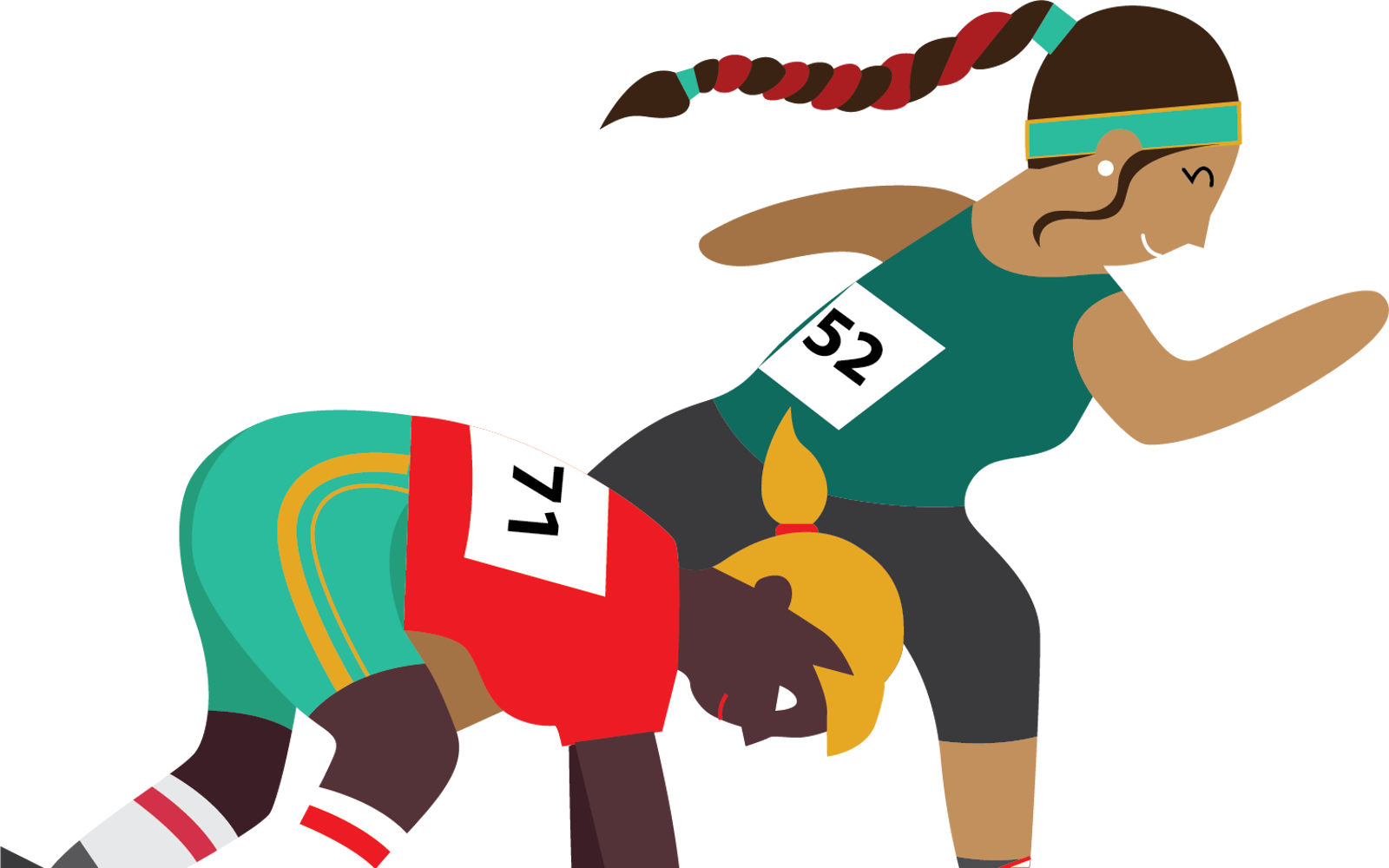 Diversifying Athletes & VolunteersIt’s time to reach out to a variety of cultural groups in your community and highlight their opportunities in the Special Olympics movement
Diversifying Athletes & VolunteersIt’s time to reach out to a variety of cultural groups in your community and highlight their opportunities in the Special Olympics movement
